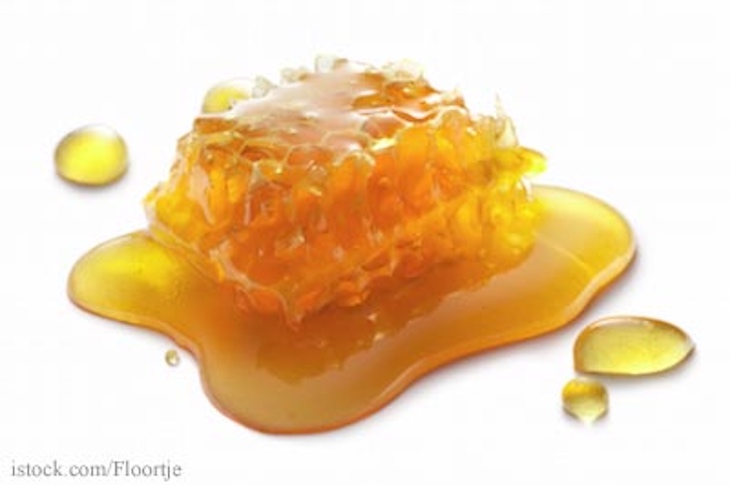The FDA has released a report on economically motivated honey adulteration, finding that about 3% of samples were violative. The sampling assignment was carried out in 2022 and 2023 to test imported honey for economically motivated adulteration (EMA).

This adulteration can occur when a valuable ingredient or part of a food is intentionally let out, taken out, or is substituted, or when a substance is added to a food to make it appear better or of greater value. The sampling was designed to identify products that contain undeclared sweeteners that are less expensive than honey, such as cane and corn syrups.
The assignment was conducted between April 2022 and July 2023. The agency collected 107 samples of imported honey and found three samples, or about 3%, to be violative. As a comparison, in 2021-2022, the FDA collected and tested 155 imported honey samples and 10% were violative. However, the two assignments were not designed for statistical comparison of violation rates.
When a sample is found to be violative, the FDA took swift action, including refusing entry into the United States and placing the company on 1A Import Alert.
The results of this assignment underscores the susceptibility of honey to EMA, reaffirming the FDA’s commitment to testing to ensure that consumers receive fair value for their purchases. The FDA will continue to test for honey adulteration under the agency’s import sampling and risk-based import entry screening program. And the FDA is collaborating with domestic and international regulatory partners to fight economically motivated adulteration of all food products.




